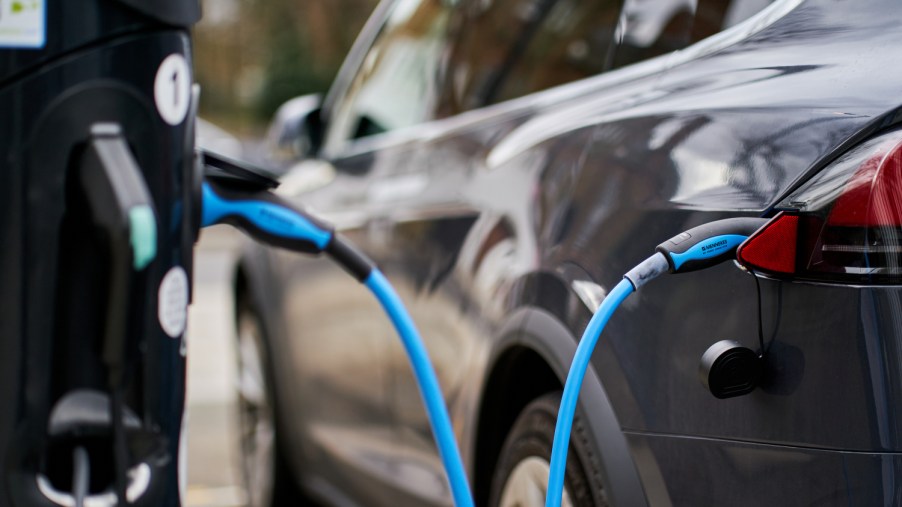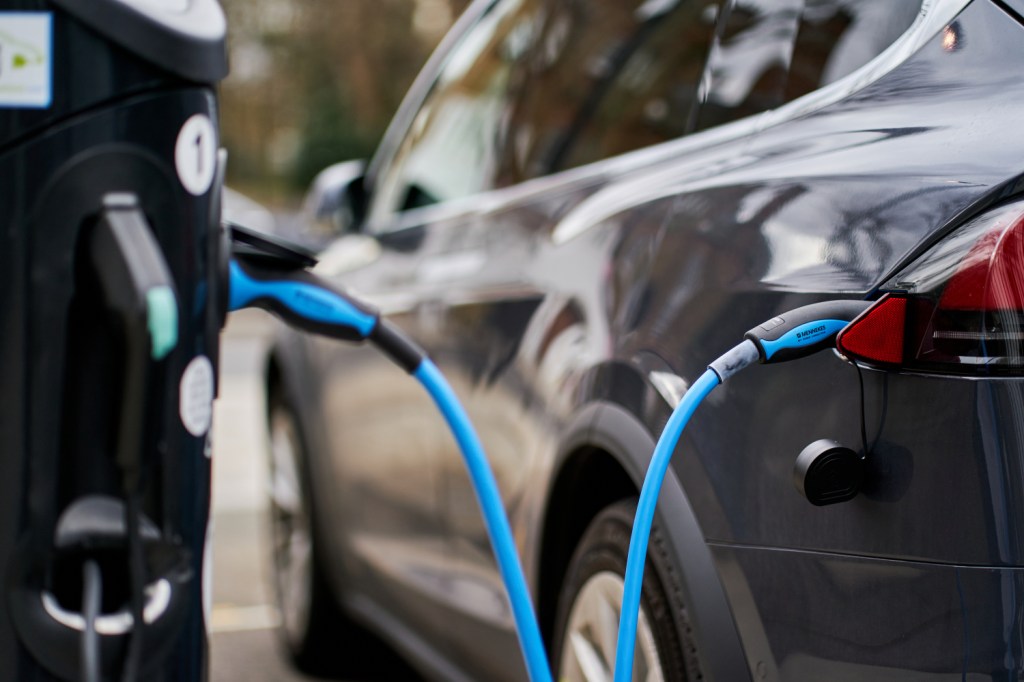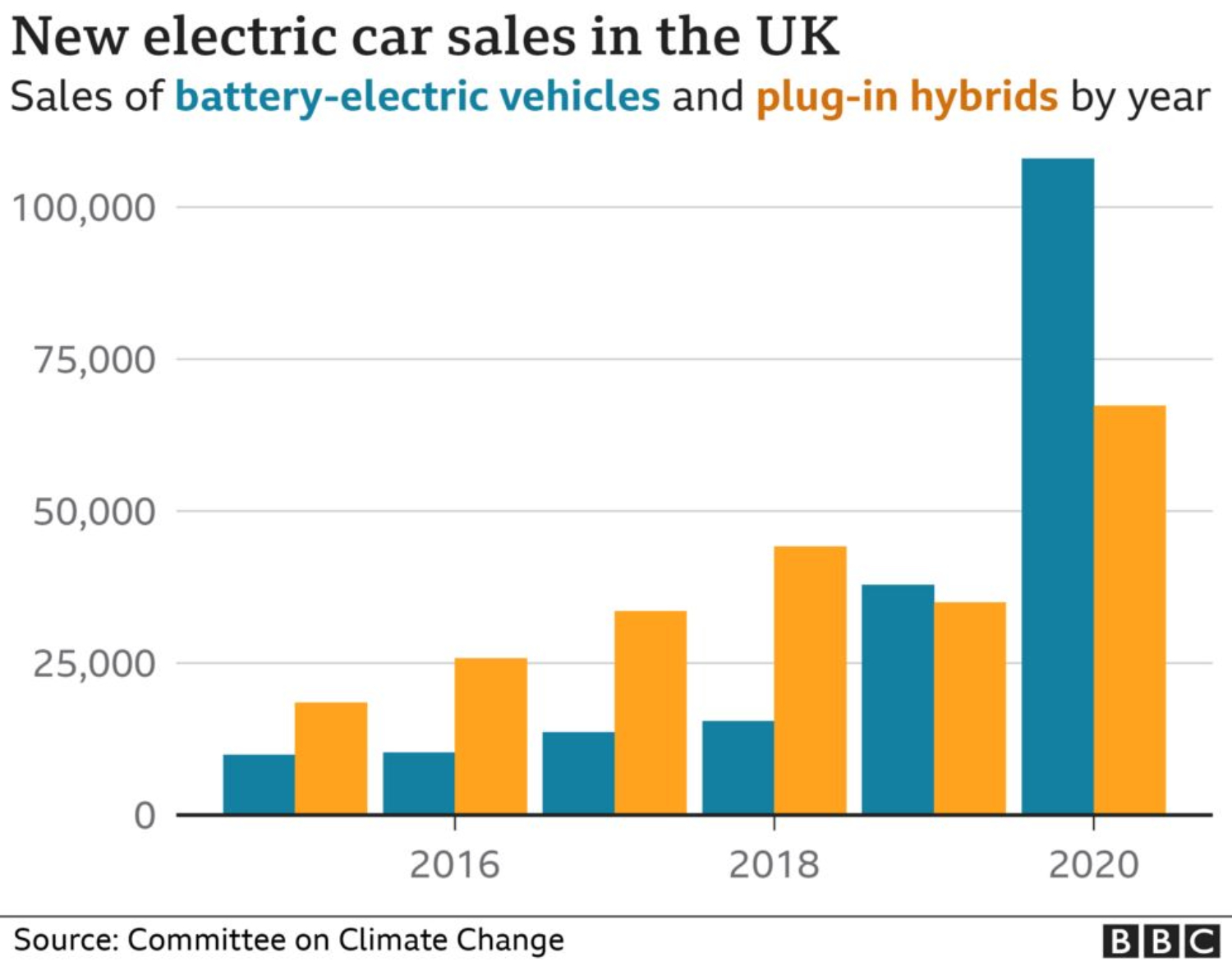
New Homes in England to Have Electric Vehicle Chargers by Law
England means serious business with the switch to electric power! New homes and buildings will be required to have electric vehicle chargers to support future electric vehicle purchases. What else does this new law require?
New homes and businesses in England will require an electric vehicle charger

According to BBC, Prime Minister Boris Johnson announced the news at the Confederation of British Industry’s conference today. Homes, supermarkets, workplaces, and buildings getting significant renovations will have to install electric vehicle chargers.
The UK announced that government will ban gasoline-powered car sales after 2030. This move will add around 145,000 new charging points for EVs each year. The UK plans to move trucks, busses, and other transportation methods to electric. Due to this impending change, more chargers are necessary.
“The force driving that change won’t be government, it won’t even be business…it will be the consumer. It will be the young people of today, who can see the consequences of climate change and will be demanding better from us.”
Prime Minister Boris Johnson | BBC
There has been some discussion about the division of available EV chargers in the country now. Johnson says this new law will help fix that.
More electric vehicle chargers will help ease the transition to EVs

Britain has around 25,000 electric vehicle chargers right now. The Competition and Markets Authority anticipates needing ten times that by 2030. There have been confirmations from major brands like Volvo, Jaguar, and Ford to be electric in the same time frame. In 2020 alone, about 10% of cars sold in the UK were electric vehicles. That was up from 2.5% in 2018.
Like the U.S., representatives in the U.K. are concerned there are not enough chargers in more rural areas. This will limit the adoption of electric vehicles if people cannot have easy access to chargers. Similarly, the Policy Exchange group warned of “charging blackspots” in smaller towns that are not included on current charging rollouts. “People must be protected from excessive pricing for public electric car charging,” noted the UK transportation experts. By adding home chargers, people will have access to cheaper and more convenient charging options.
The geographical divide for charging stations will make things harder
There is a massive divide between some areas of London and the South East area of England. These areas have more chargers than anywhere else. However, there are many areas in England where such a situation is entirely out of touch. Many people live in flats or terrace-style homes that do not have convenient parking nearby. It is a good idea for new homes, but there is a lot of work to get the rest of the country up to speed.
Until then, portable electric vehicle chargers might be a temporary solution. If countries want to rule out gasoline-powered vehicles in less than 10 years successfully, a significant change has to start soon. That way, by the time everyone is driving an EV, electric vehicle chargers are abundant and easy to find.



